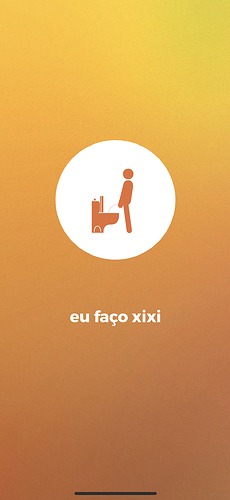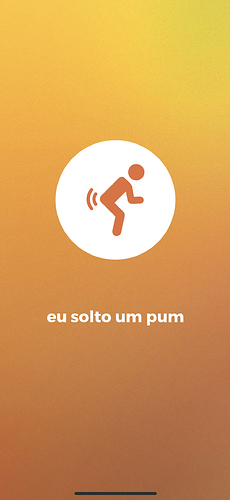Beyond the more typical methods of learning a language (websites, grammar books, courses, etc), I would be curious to hear what else you all have tried. Any unusual learning methods or small changes you’ve made throughout your day that have had a big impact?
At my previous job, we had a lot of contact with German, but most of us didn’t speak it. At some point, someone had the idea of writing a “German word of the day” on the wall every morning, with the translation and a brief explanation or examples of use. My co-worker had an app which gave her the words. It wasn’t meant to have a big impact, especially since we didn’t actually need to learn German, but it was fun and helped us acquire some extra knowledge in the most carefree way possible. Sometimes, one particularly interesting word would take us all down a rabbit hole, frantically googling about it and learning 10x more along the way.
hey Joseph sprichst du auch deutsch?
Haha, nein (well, apart from a few words/sentences). Aber ich will Deutsch lernen 
Let me know if you need help
Oh, thanks, but it’s a project for the somewhat distant future. I’m an eternal procrastinator!
The word of the day:
a procrastinação - das Zögern
I’ve saved this post to study… later ![]()
I added the ~ 
Haha, great, @matthias.wintzer. And Joel always with good timing - you stole my joke!
That’s another one of those “5000 WORDS” we already know!
Good catch!! Procrastinação is indeed a cognate that works between languages.
(For those interested, here’s the lesson from a little while back: 5000 Words You Already Know)
Muito importante, @matthias.wintzer 
I’ve never ordered coconut flavored gelado in Portugal because I’m afraid I’ll accidentally say “cocô” instead of “coco”.
Yes and never skip the accent in the word cágado (terrapin). The result might be shitty 
Ahaha, Molly, it’s a valid concern. But well, we pronounce ‘cocó’ with very open vowels (like c-AH-c-AH) , while ‘coco’ is all closed. It would be riskier in Brazil!
If you like cooking and baking, try to do it in Portuguese! There’s a world of interesting ”receitas” on the internet. Of course, you’ll have to look up the names of some ingredients, tools and more, but that’s part of the fun. Some words may not be found in the usual dictionaries, so you’ll have to google them and immerse yourself in authentic texts on various Portuguese (or Brazilian) websites. Sometimes you’ll need pictures to get what is called for in the recipes. So you’ll have to open your mind, not only to the language but also to the (food) culture. Portuguese “bolos” are great, by the way.
Great idea, @Anna! Especially because you get a reward at the end of all that hard work. 
Bem-vinda ao fórum, Anna!
This is great advice. I feel like this would make supermercado visits easier as well. I remember especially early on getting frustrated at how long I had to spend looking at labels with my smartphone**, translating to figure out the right item to buy. If you can spend some time at home with the recipes in Portuguese first, it will better prepare you for shopping!
** what did people do 15 years ago btw… bring a pocket dictionary to the grocery store? Or just buy the wrong thing and learn from their mistakes when their cakes don’t rise properly, due to having used the wrong ingredient? ![]()
Vivemos em tempos felizes 



